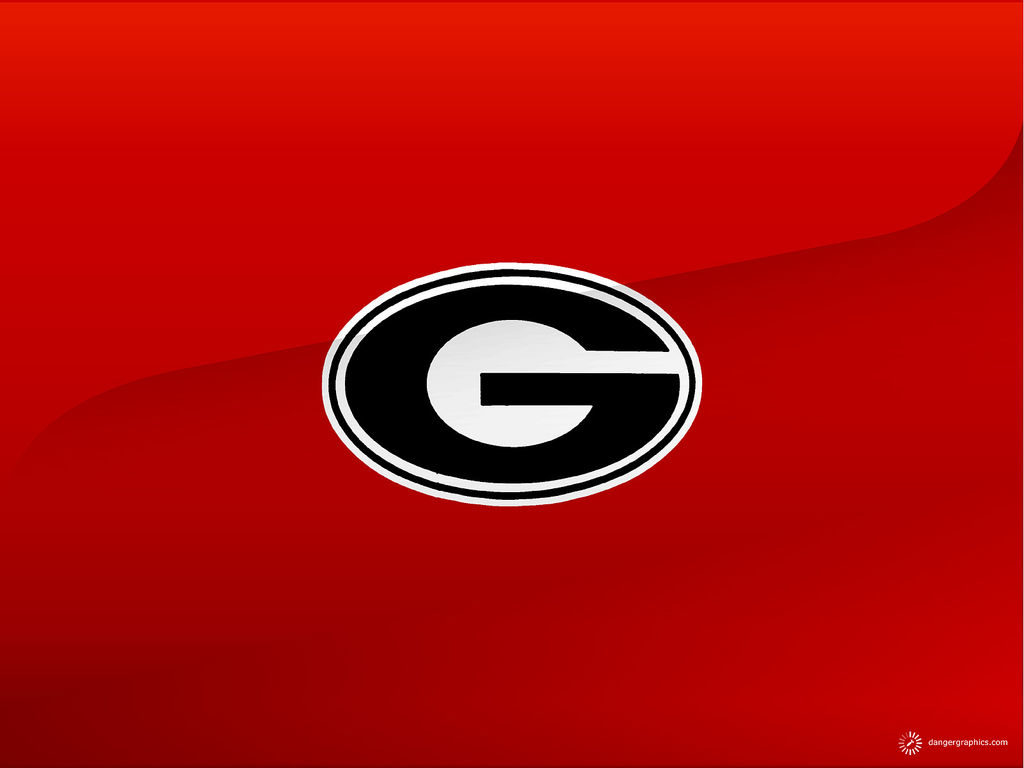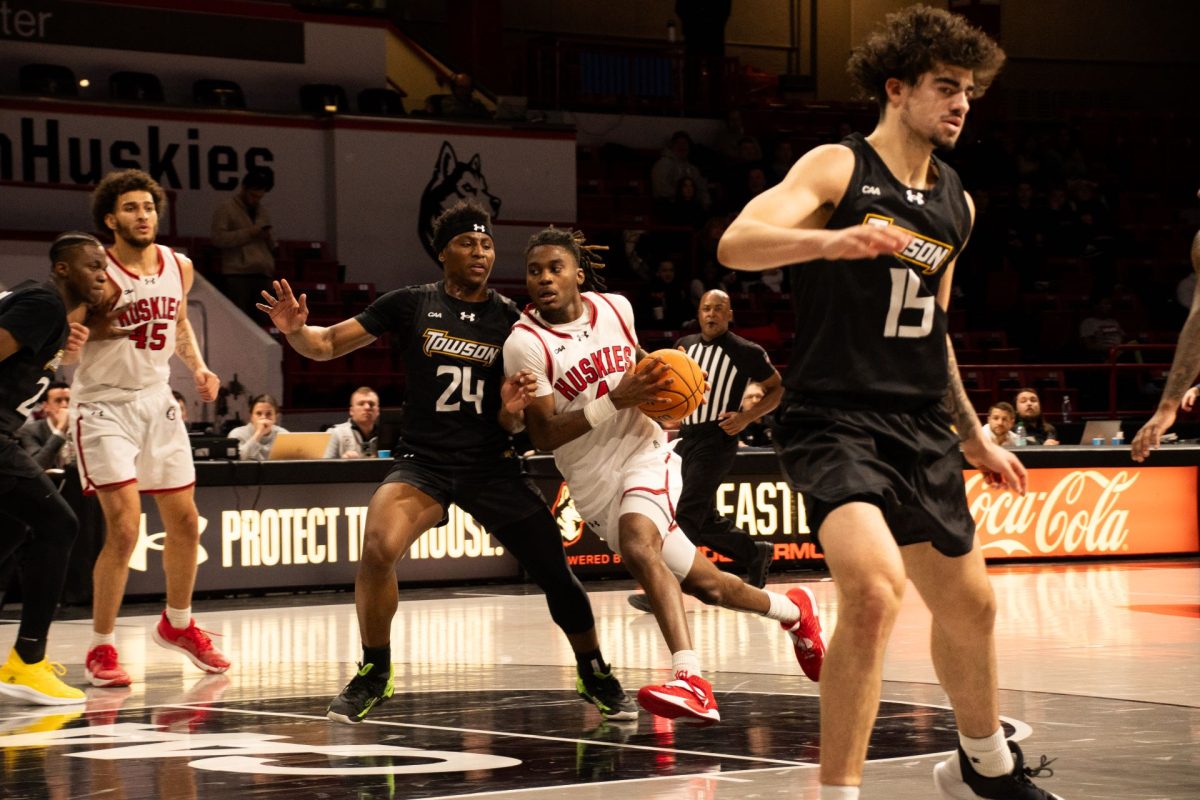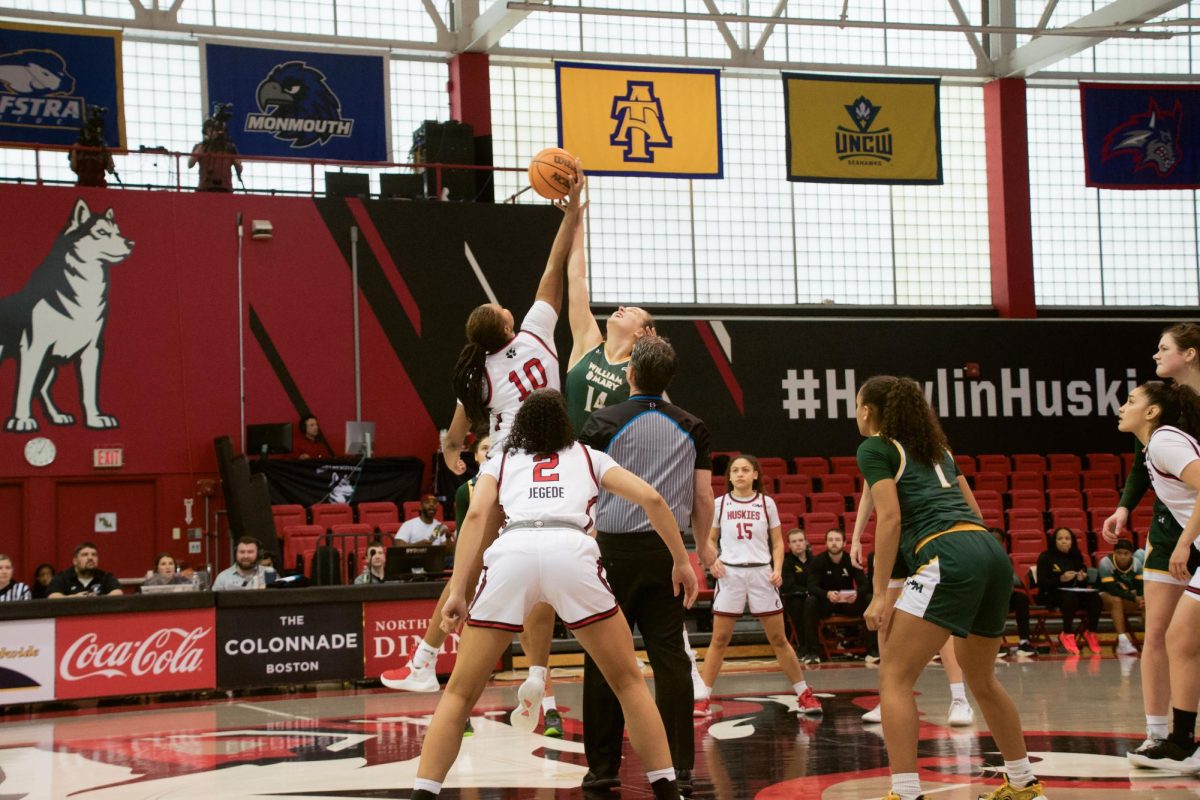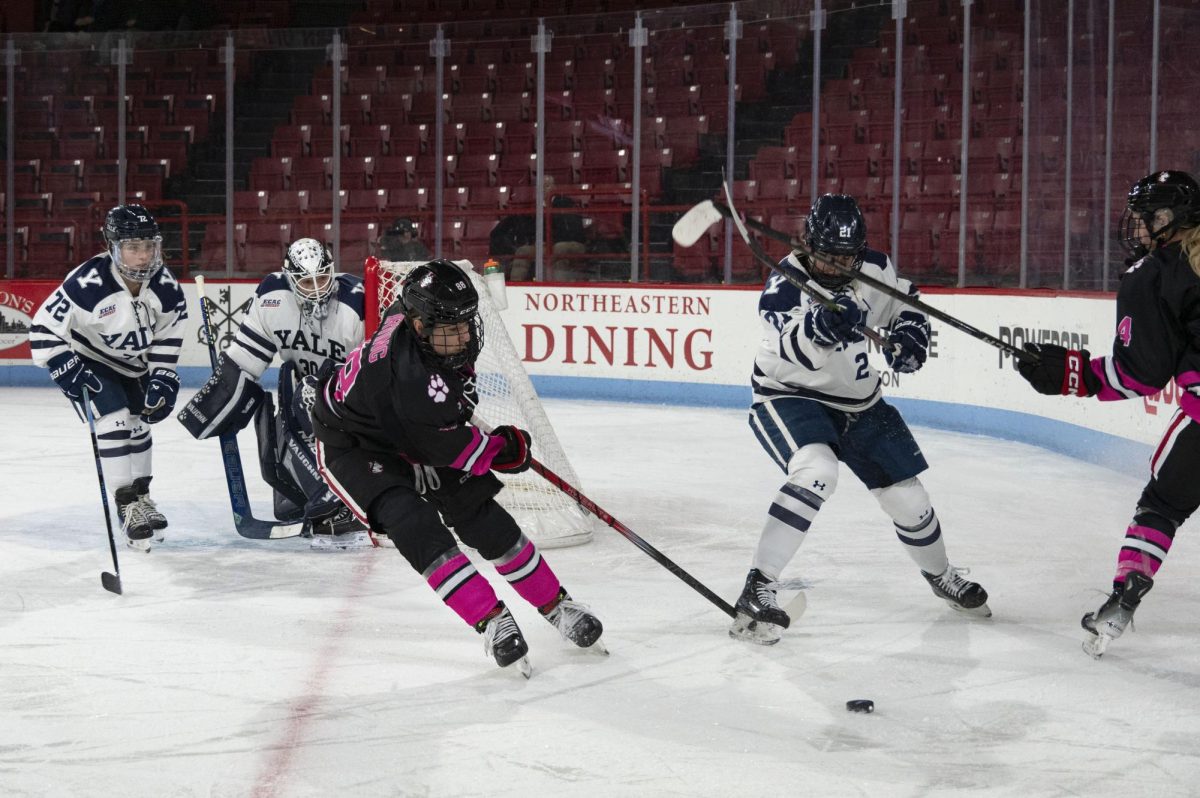By Mike Samaha, columnist
If I were to tell you that the best running back in college football, who is also a Heisman Trophy candidate, will not play another down of football this season, you would probably wonder what happened. Did he blow out his knee? Nope, he is totally healthy. Is he being charged for a crime or was he arrested? No, he hasn’t broken any laws. He must have violated some kind of school or team rule? No, he didn’t do that either.
The University of Georgia (UGA) has indefinitely suspended junior running back Todd Gurley pending an investigation of possible National Collegiate Athletic Association (NCAA) violations related to the sale of memorabilia. Gurley, who is in line to be a top pick in next year’s NFL draft, is most likely done with his collegiate career because he allegedly got paid to sign memorabilia. The university is trying to save face by suspending a guy who has any kind of controversy surrounding him, and also staying out of trouble in case the NCAA finds something and decides to penalize the football program for allowing him to play.
How ridiculous is it that a guy can be surrounded by this much controversy for simply taking a sharpie, writing his name on a few footballs and helmets and getting some money for it? Both the NCAA and UGA can sell jerseys with Gurley’s number on it and make millions of dollars off this student-athlete, but he has no right to make any money of his own. The NCAA has rules against any of its student-athletes making any kind of money. They cannot sell their own possessions, take on any other jobs or take any money that isn’t from immediate family.
This is one of the dumbest rules in sports today. I’ve heard plenty of arguments that these student-athletes don’t need to be paid for their contributions to their respective universities because they are already receiving a free education. While this may be true, why is it that other students on full scholarships can get jobs and earn some extra money, but students on athletic scholarships cannot? Also, how much money is each of those students making for their university every year? A lot of schools make millions from just their football and/or basketball programs.
This isn’t an isolated incident. Student-athletes have been suspended for selling their own autographs or memorabilia for years. Football programs have even had to forfeit wins that they’ve legitimately earned, just because some guy on the team signed a football and got a couple hundred dollars for it.
Who does this hurt? If Jameis Winston, Florida State quarterback and Heisman Trophy winner, decides to sign 900 pieces of memorabilia and receives a couple thousand dollars from someone willing to pay him for it, who is this hurting? Nobody, that’s who. I can understand the problems that would come with schools or the NCAA directly paying these athletes, but what problems come from these kids selling their own things?
The NCAA could easily regulate this if they wanted to as well. They could take control of the selling of memorabilia that a player can sign and sell if they choose to, and both the NCAA and the student-athlete could get a cut from the sale of the item. This way, the student-athlete would make what the market is willing to give them and the NCAA could make sure it’s all done legally and safely to protect the athlete.
The NCAA claims it does what is best for the schools and the student-athletes, but what benefit are they gaining by not allowing the kids to have control over their own image and likeness that the NCAA and the universities profit greatly from?
-Michael Samaha can be reached at [email protected].
Photo courtesy Jason Csizmadi, Creative Commons










